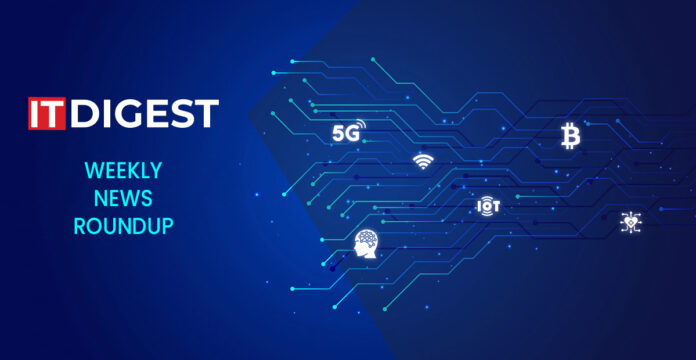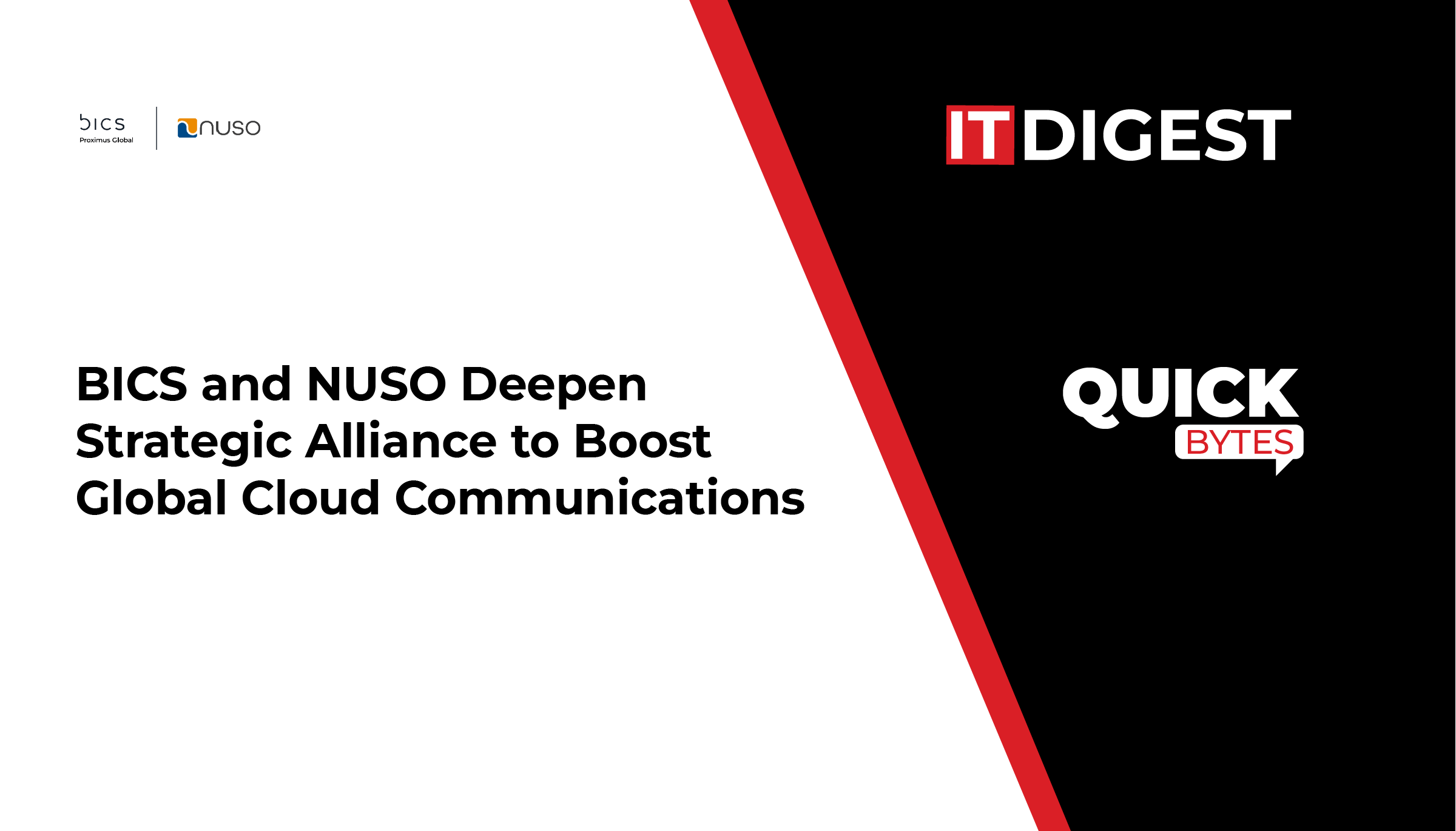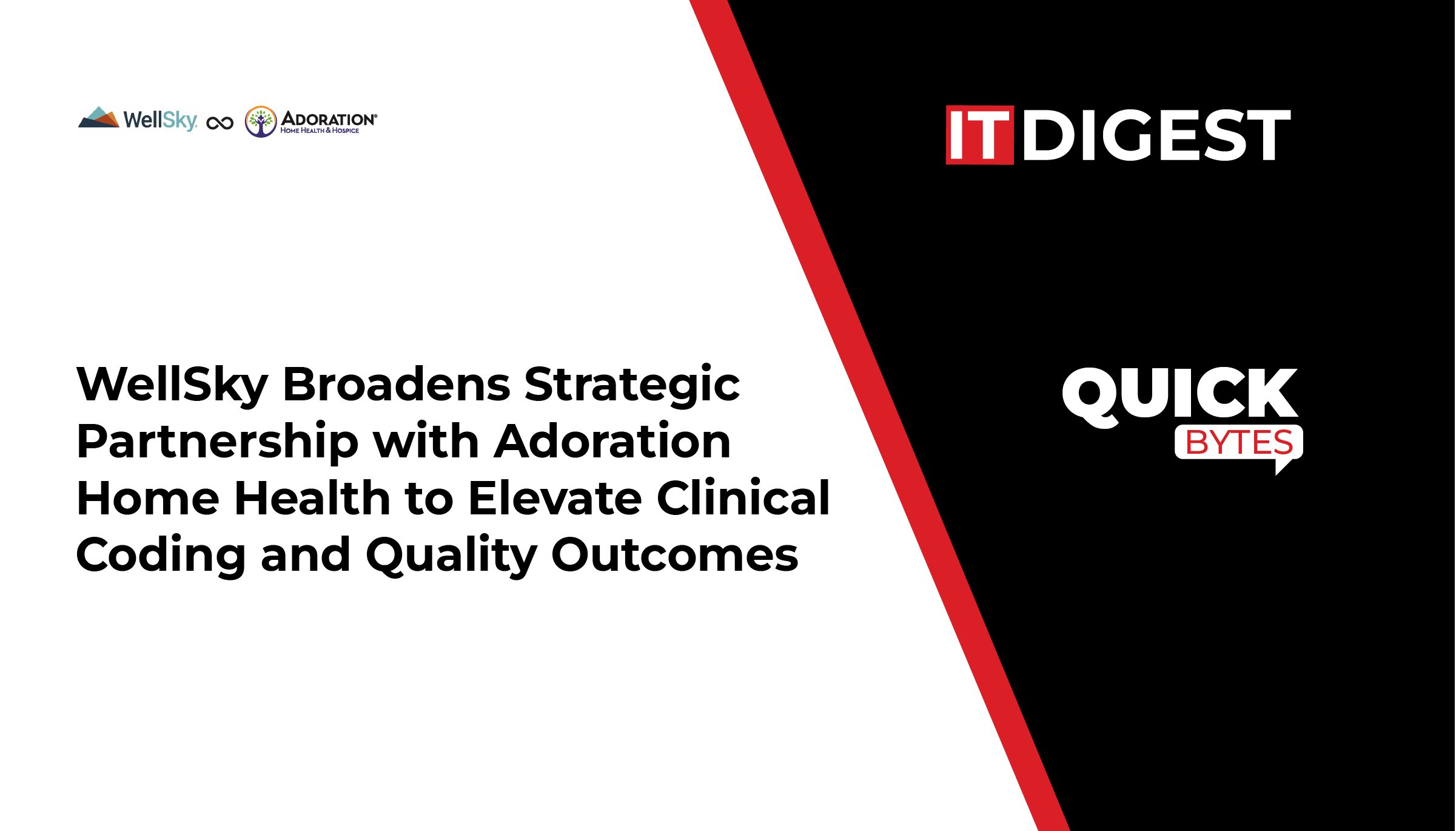Here is IT Digest’s weekly roundup of the top news from global markets. In this fast-paced world, breaking down information helps readers grasp the nuances that follow the news.
In Hardware and Network news this week…
Telstra and Accenture Announce Global AI Joint Venture
Telstra and Accenture announced a proposed joint venture (JV) to rapidly accelerate Telstra’s data and AI roadmap to further extend its network leadership, improve customer experience, and help its teams operate more efficiently and effectively. Steered by joint global leadership, the JV would comprise specialists from Telstra and Accenture’s Data & AI teams to build on Telstra’s work creating a world-class data and AI ecosystem, modernising its data and AI platforms, and embedding responsible AI by design.
In Business Technology news this week….
IBM to Acquire Applications Software Tech, Boosting Oracle Expertise
IBM announced its intent to acquire Applications Software Technology LLC, a global Oracle consultancy. Applications Software Technology brings deep expertise driving business transformations with Oracle Cloud Applications, including for clients in the public sector such as local government and K-12 education.
In Cloud Computing & Mobility news this week….
Red Hat Unveils Red Hat OpenShift Virtualization Engine
Red Hat, Inc., the world’s leading provider of open-source solutions, announced the general availability of Red Hat OpenShift Virtualization Engine. This new edition of Red Hat OpenShift is specifically designed to cater to organizations seeking dedicated virtualization capabilities, leveraging the robust virtualization functionality already integrated into OpenShift.
In Computer Science news this week….
WiMi Develops Binary String Encoding for QRAM
WiMi Hologram Cloud Inc., a leading global Hologram Augmented Reality (“AR”) Technology provider, announced the development of a binary string polynomial encoding for Quantum Random Access Memory (QRAM). Random Access Memory (RAM) is a crucial component in classical computing, enabling computers to quickly and randomly access stored data. In the context of quantum computing, QRAM is a type of memory that allows quantum computers to efficiently and parallelly access stored data without disrupting quantum states. QRAM is not only a core architecture for quantum data storage, but also a fundamental component for many quantum algorithms, such as the Grover search algorithm and Shor’s algorithm.
In FinTech news this week….
Procurify Appoints Jeffrey Hardy as Chief Revenue Officer
Procurify, the leading AI-powered platform for procurement, accounts payable (AP), expense, and payment solutions designed for mid-market organizations, announced the appointment of Jeffrey Hardy as Chief Revenue Officer (CRO). With an accomplished background in spend management software, Hardy is poised to accelerate Procurify’s growth and innovation across these markets.
In HealthTech news this week…
TetraScience and Microsoft Collaborate on Scientific AI
TetraScience, the Scientific Data and AI Cloud, announced a key new collaboration with Microsoft that aims to accelerate the adoption of scientific AI to radically improve workflows across the entire biopharmaceutical value chain: drug discovery, development, manufacturing, and quality control. This collaboration combines the power of Microsoft’s secure Azure platform with the Tetra Scientific Data and AI Cloud™ to empower scientific organizations with the ability to extract scientific insights from complex experimental data at an enterprise scale.
In Information and Communications news this week…
BrainChip Holdings Ltd, the world’s first commercial producer of ultra-low power, fully digital, event-based, neuromorphic AI, announced its integration into an innovative technology offering that leverages the Akida™ processor to provide cybersecurity protection for WiFi access, home router, small enterprise routers and other network access devices.
Article of the Week
Open-Source Risk Management 101: Building a Resilient and Secure Software Framework
 Open-source software (OSS) has reshaped the technology outlook, allowing organizations of all sizes to quicken innovation, cut down costs, and encourage collective progress. From generating enterprise enquiries to supporting innovatory research, OSS is now essential for developing modern software’s. However, with notable benefits come remarkable risks. Security sensitivities, licensing complications, and threats to the supply chain are some challenges organizations must adhere to for fully supporting OSS.
Open-source software (OSS) has reshaped the technology outlook, allowing organizations of all sizes to quicken innovation, cut down costs, and encourage collective progress. From generating enterprise enquiries to supporting innovatory research, OSS is now essential for developing modern software’s. However, with notable benefits come remarkable risks. Security sensitivities, licensing complications, and threats to the supply chain are some challenges organizations must adhere to for fully supporting OSS.

































